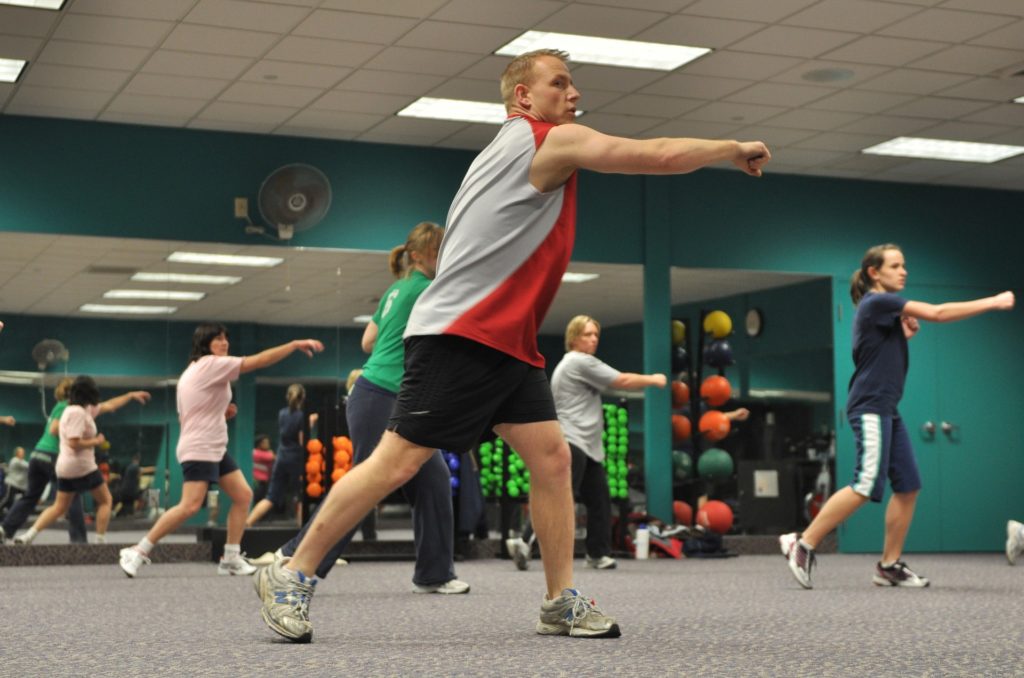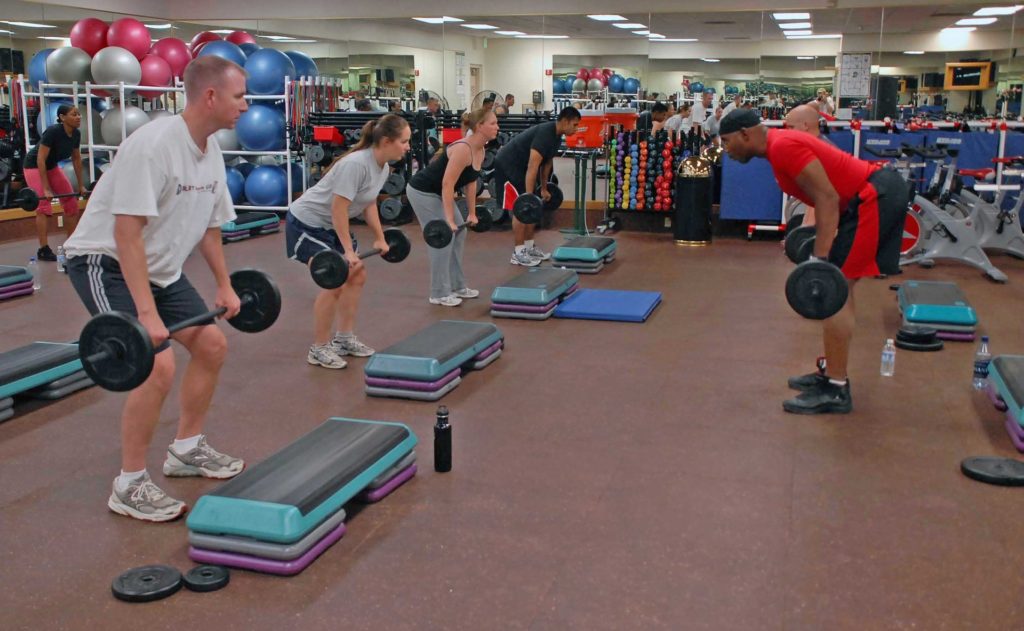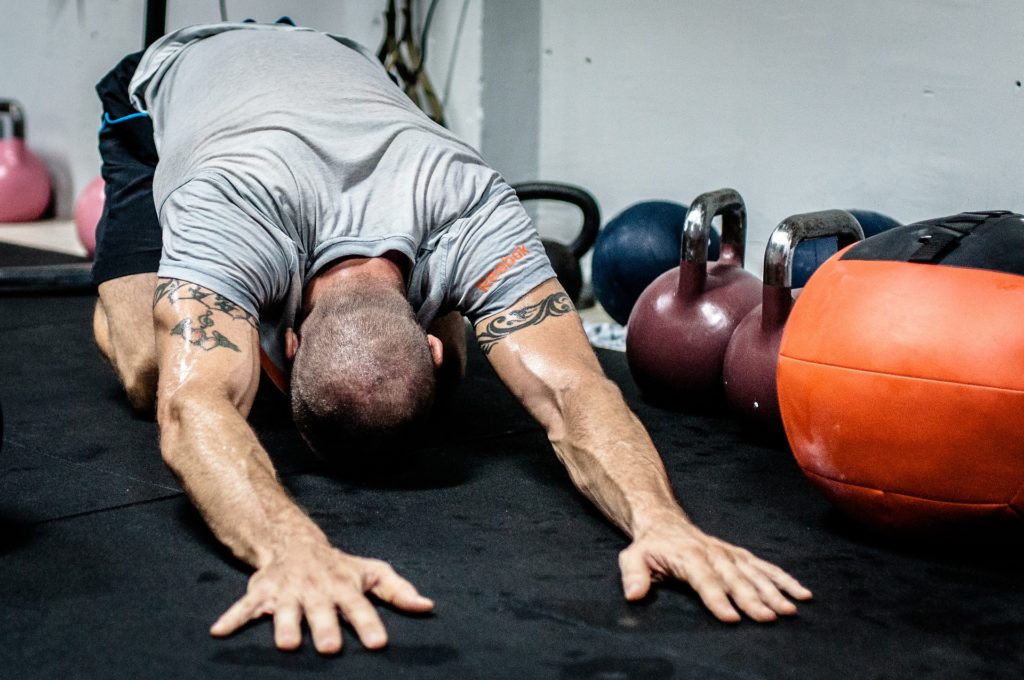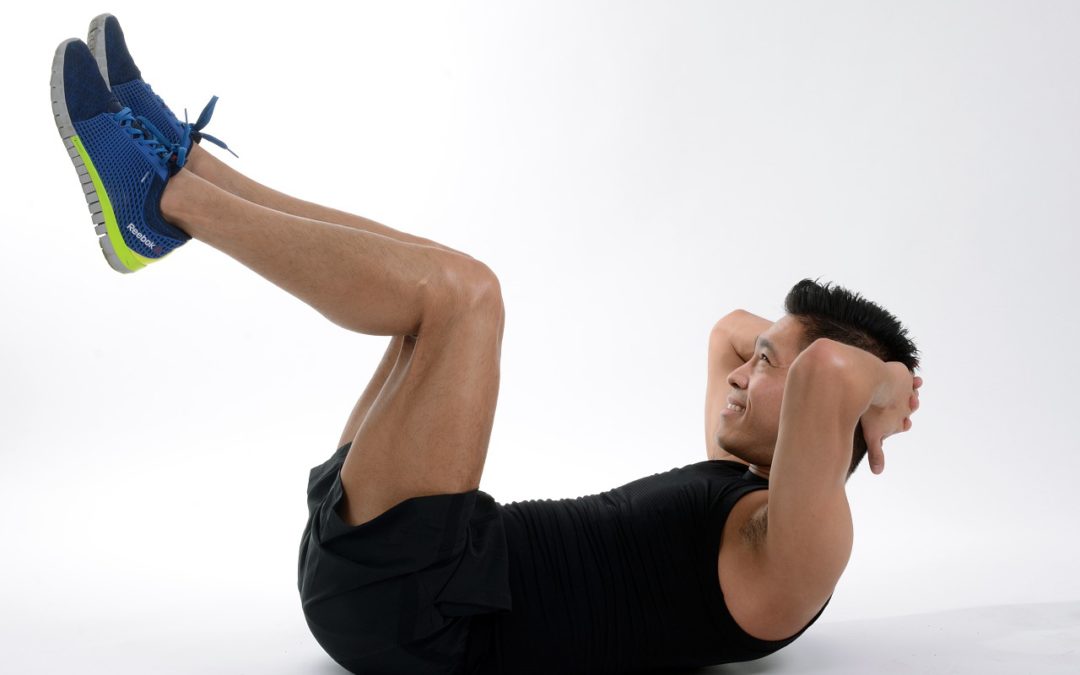Now that we are well into the first quarter of the year, I have been impressed with the consistency and diligence at which our patients have been keeping themselves active. The iron is continuing to be lifted, pavement regularly pounded and laps being swum. Nice!
The jury is still out in terms of which brings more health benefits – exercising early in the morning before work or working out in the evening after our day is done.
Our body’s innate biological clock – also known as the circadian rhythm – regulates our sleep pattern. This is the same for our musculo-skeletal system, in that our muscles and joints also have their own ‘clock’ too1.
The latest investigation by Feinberg School of Medicine in 2016 found that our bodies respond to exercise differently during different times of the day1. The study found that during the day – or more specifically – during our regular waking hours was best, particularly during our lunch breaks, as our muscle cells are considered more efficient in the middle of the day with respect to their energy efficiency and metabolic response1.

The Case FOR Morning Movement
1) Testosterone, which provides energy and muscle gain, soars in the morning
Fernandes et al found that free and total testosterone levels were higher in the morning than in the evening, and both increased with exercise at both times of day2. It was been documented that testosterone presents a biorhythmic effect with the highest values in the morning (08:00 am) and the lowest in the evening (08:00 pm)2.
2) Improved Sleep Patterns
Kanaley et al in 2001 showed those who lift in the early hours power down faster at night – and produce more human growth hormone than those who lift at night3
3) Burn More Calories
A report by the British Journal of Nutritional Study found that performing aerobic activity in the morning allows for 20% burn rate of fat4.

The Case FOR Morning Movement
1) Testosterone, which provides energy and muscle gain, soars in the morning
Fernandes et al found that free and total testosterone levels were higher in the morning than in the evening, and both increased with exercise at both times of day2. It was been documented that testosterone presents a biorhythmic effect with the highest values in the morning (08:00 am) and the lowest in the evening (08:00 pm)2.
2) Improved Sleep Patterns
Kanaley et al in 2001 showed those who lift in the early hours power down faster at night – and produce more human growth hormone than those who lift at night3
3) Burn More Calories
A report by the British Journal of Nutritional Study found that performing aerobic activity in the morning allows for 20% burn rate of fat4.

The Bottom Line
The time of day determines how well our oxygen levels and circadian rhythm work together within our muscle cells to produce energy.
Of course, more research is needed to determine what time of the day would be best for athletes and indeed ourselves to optimise our physical activity for the most benefit.
Interestingly, Gomez et al in their study, which recommended exercise for individuals with type 1 and 2 diabetes, found that their participation in exercise is challenging because it increases the risk of severe hypoglycemia (low blood sugar levels) and the available therapeutic options to prevent it frequently result in hyperglycemia (high blood sugar levels)7.
There was no clear recommendation about the best timing for exercise.
The aim of the study was to compare the risk of hypoglycemia after morning or afternoon exercise sessions up to 36 hours post-workout.
It was found that morning exercise conferred a lower risk of late-onset hypoglycemia than afternoon exercise and improves metabolic control on the subsequent day7.
The most important thing is to not get bogged-down so much on what times would be ideal – as long as you are enjoying your exercise during your usual waking hours and realising how much each kilometre, rep and lap is contributing to a healthier and happier YOU, this is what counts the most.

William Duong, Chiropractic
At the Triumph Institute located in the heart of Bankstown, Sydney we also practice podiatry. It’s a medical field that specialises in the prevention, diagnosis, treatment and rehabilitation of problems and issues that affect the lower limbs, from the lower back right down to our feet.
References
- https://news.feinberg.northwestern.edu/2016/10/muscles-have-circadian-clocks-that-control-exercise-response/
Effect of Time of Day on Performance, Hormonal and Metabolic Response during a 1000-M Cycling Time Trial
- Alan Lins Fernandes, João Paulo Lopes-Silva, Rômulo Bertuzzi, Dulce Elena
- Casarini, Danielle Yuri Arita, David John Bishop, Adriano Eduardo Lima-Silva
Cortisol and growth hormone responses to exercise at different times of day.
Kanaley JA1, Weltman JY, Pieper KS, Weltman A, Hartman ML. J Clin Endocrinol Metab. 2001 Jun;86(6):2881-9.
- Javier T. Gonzalez, Rachel C. Veasey, Penny L. S. Rumbold, Emma J. Stevenson. Breakfast and exercise contingently affect postprandial metabolism and energy balance in physically active males. British Journal of Nutrition
- https://www.techtimes.com/articles/170829/20160722/hot-bath-shares-similar-health-benefits-with-exercise.htm#sthash.A6Y7iWIH.dpuf 2013; 1
- Gholamhasan, J., Sajad, A., Mehdi, . G., Javad, M.S.
The Effect of Exercise in the Morning and the Evening Times on Aerobic and Anaerobic Power of the Inactive Subjects World Applied Sciences Journal 22 (8): 1146-1150, 2013 ISSN 1818-4952 © IDOSI Publications (2013).
- Gomez AM1, Gomez C2, Aschner P2, Veloza A3, Muñoz O2, Rubio C4, Vallejo, S. Effects of performing morning versus afternoon exercise on glycemic control and hypoglycemia frequency in type 1 diabetes patients on sensor-augmented insulin pump therapy. S2. J Diabetes Sci Technol. 2015 May;9(3):619-24. Doi:10.1177/1932296814566233. Epub 2015 Jan 1.


